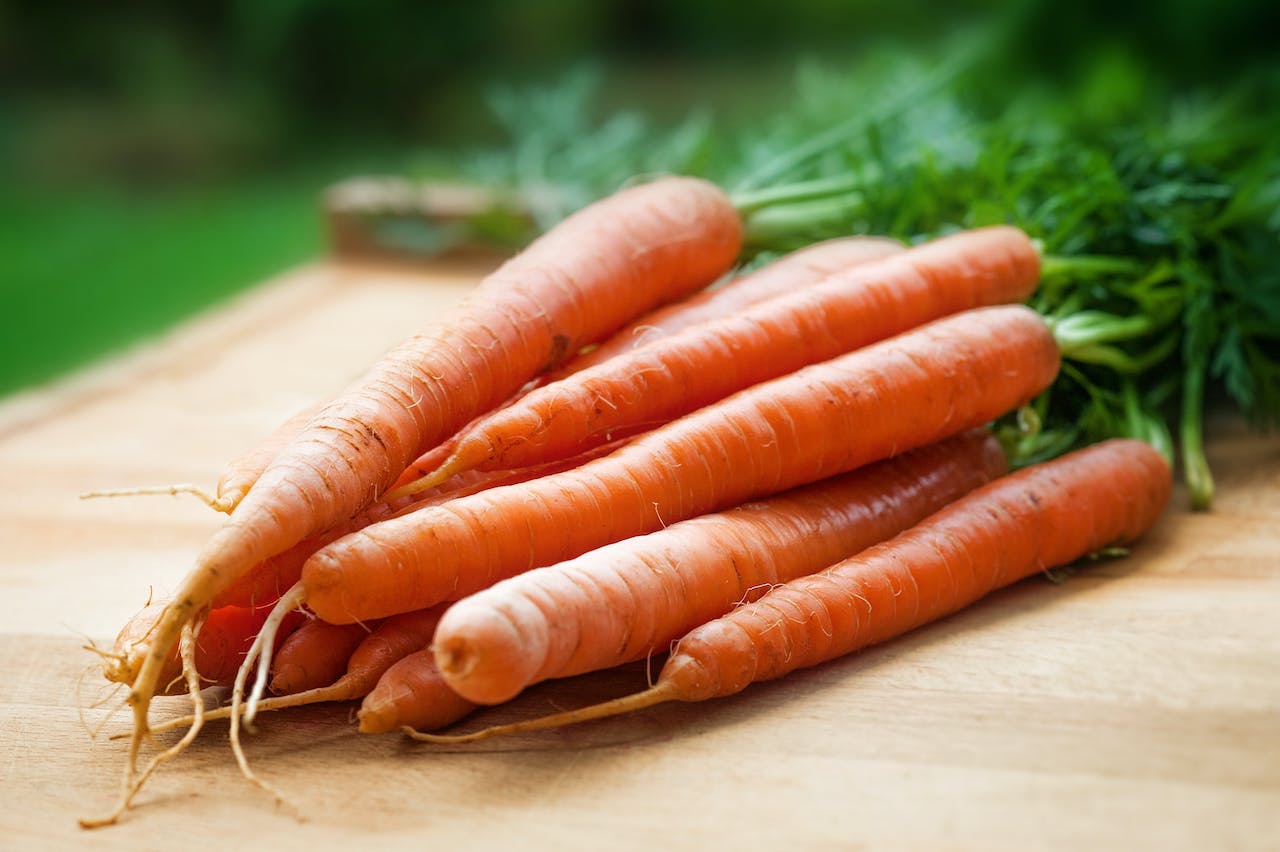Chronic kidney disease (CKD) is a serious condition that requires careful management of one's diet to maintain kidney function. One crucial aspect of this dietary management is the incorporation of low protein foods. In this comprehensive guide, we will delve into the importance of low protein diets for kidney disease and explore various food options to support individuals on this health journey.
Why Opt for Low Protein Foods in Kidney Disease?
Preserving Kidney Function
The kidneys play a vital role in filtering waste products and excess fluids from the blood. In individuals with kidney disease, the kidneys' ability to perform these functions is compromised. A low protein diet can alleviate the burden on the kidneys by reducing the amount of waste they need to process.
Managing Protein-Related Symptoms
High protein intake can lead to symptoms like proteinuria, a condition characterized by the presence of excess protein in the urine. Choosing low protein foods can help mitigate these symptoms and contribute to an overall improvement in the patient's health.
Essential Tips for Low Protein Eating
Balancing Macronutrients
While limiting protein intake, it is crucial to ensure a balanced diet. Incorporating healthy fats, complex carbohydrates, and a variety of vitamins and minerals is essential to meet the body's nutritional needs without overburdening the kidneys.
Consulting a Dietitian
Every individual's dietary needs are unique, especially when managing a condition like kidney disease. Consulting with a registered dietitian can provide personalized guidance, ensuring that the low protein diet is tailored to meet specific health requirements.
Low Protein Food Options for Kidney Disease
Fruits and Vegetables
Fresh fruits and vegetables are naturally low in protein and high in essential vitamins and minerals. Incorporating a colorful array of produce into the diet not only supports kidney health but also provides antioxidants that aid in overall well-being.
Grains and Cereals
Whole grains such as brown rice, quinoa, and oats are excellent sources of complex carbohydrates and fiber. These foods are not only low in protein but also contribute to stable blood sugar levels and sustained energy.
Dairy Alternatives
For individuals with kidney disease, traditional dairy products may be high in phosphorus and potassium. Opting for low-phosphorus and low-potassium alternatives such as almond milk or rice milk can help maintain nutritional balance.
Lean Protein Sources
While a low protein diet restricts overall protein intake, it is important to include some high-quality protein sources. Lean options like skinless poultry, fish, and egg whites can be integrated in moderation, ensuring that the body receives essential amino acids without excess strain on the kidneys.
Limiting Red Meat
Red meat is often high in protein and can contribute to increased phosphorus levels. Limiting the intake of red meat and choosing leaner cuts can help manage protein intake more effectively.
Monitoring and Adapting the Low Protein Diet
Regular Blood Tests
Regular monitoring of kidney function through blood tests is crucial for individuals with kidney disease. These tests help assess the effectiveness of the low protein diet and allow for necessary adjustments to maintain optimal health.
Hydration
Adequate hydration is key to supporting kidney function. Drinking plenty of water helps flush out toxins and waste products, aiding the kidneys in their essential role. However, individuals with kidney disease should consult their healthcare provider to determine their specific fluid intake needs.
Conclusion
In conclusion, adopting a low protein diet is a valuable strategy for managing kidney disease. By understanding the importance of such a diet, incorporating a variety of low protein foods, and closely monitoring health indicators, individuals can proactively contribute to the preservation of kidney function and overall well-being. Always consult with healthcare professionals and dietitians for personalized guidance on managing kidney disease through dietary choices.

